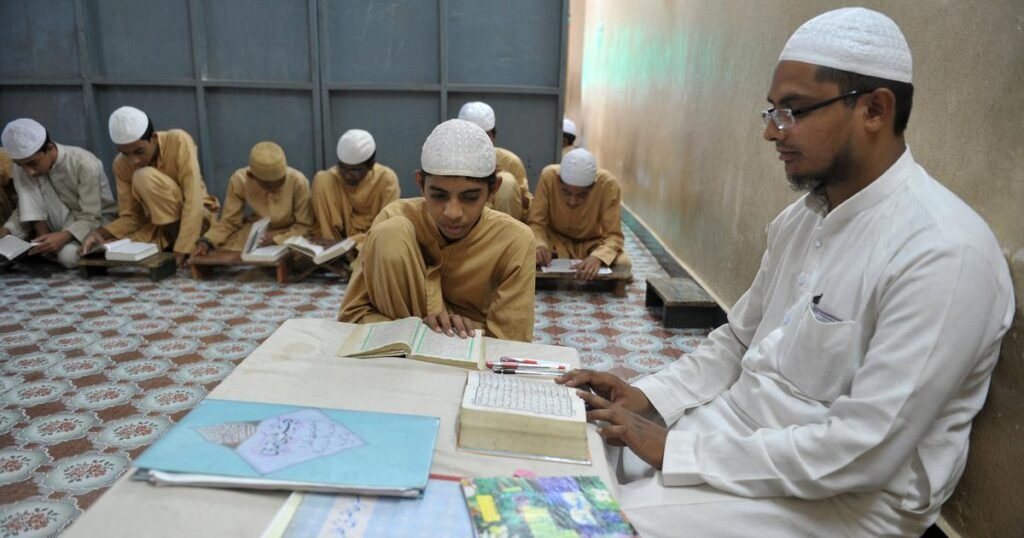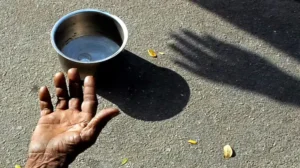India: Supreme Court upholds 2004 Madrassa Education Law in Uttar Pradesh

In a significant reprieve for madrassas (Islamic schools) in Uttar Pradesh, the Indian Supreme Court has affirmed the constitutional validity of the 2004 Uttar Pradesh Board of Madrassa Education Law.
The decision overturned an Allahabad High Court ruling, which had previously nullified the law, claiming it breached the principle of secularism.
A bench led by Chief Justice of India (CJI) D Y Chandrachud, along with Justices J B Pardiwala and Manoj Misra, concluded that the High Court had misjudged in finding the law to be in violation of secularism.
Also Read: Thousands of Israelis rally against sudden dismissal of ex-defense chief
“We have upheld the UP madrassa law’s validity, and a statute can only be struck down if the State lacks legislative authority,” stated CJI Chandrachud while delivering the ruling.
The ruling provided substantial relief to teachers and students across UP madrassas, who had faced the prospect of school closures and student transfers as per the High Court’s prior directive.
The Supreme Court clarified that the law aimed to standardize educational quality within madrassas. The court had reserved its judgment on October 22 after hearing petitions challenging the High Court’s stance.
In its decision, the court noted that the Madrassa Act aligns with the state’s positive duty to ensure that students in recognized madrassas attain sufficient educational proficiency to engage in society and earn a livelihood, according to Live Law.
The Supreme Court further observed that the High Court erred in concluding that madrassa education contravened Article 25, which guarantees religious freedom. Chief Justice Chandrachud emphasized the state’s legitimate interest in maintaining educational standards in religious institutions, adding, “To discard the Act would be akin to throwing the baby out with the bathwater.”








